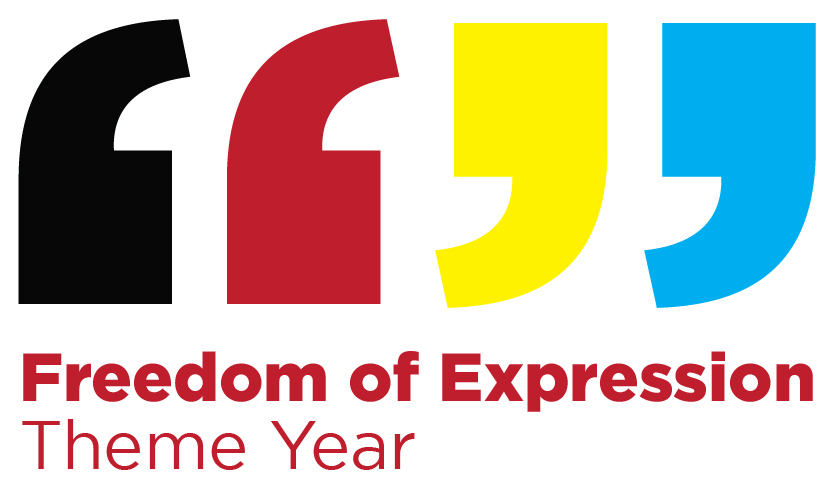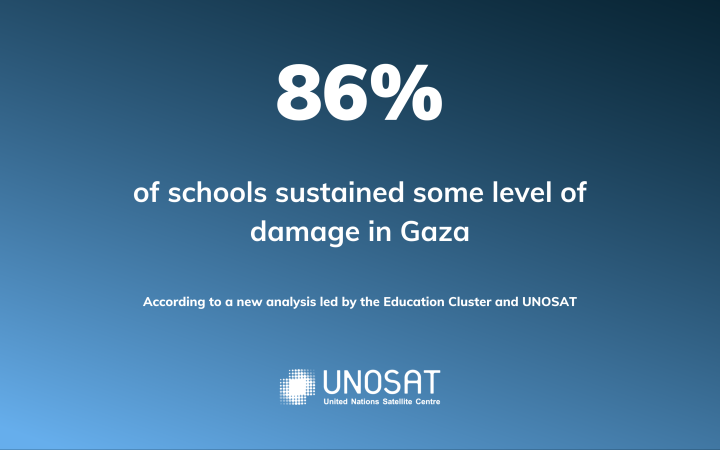WHO Director-General Dr Tedros Adhanom Ghebreyesus and Dr José M. Zuniga, President/CEO of the International Association of Providers of AIDS Care (IAPAC), have signed a Memorandum of Understanding that provides a framework for collaboration between the 2 institutions to advance mutual HIV and related health objectives.
“We are honored to sign this Memorandum of Understanding with WHO, through which we will engage in collaborative endeavors towards ending AIDS achieve other health-related SDGs, as well as WHO’s 3 billion targets,” said Dr Zuniga, who also serves as President/CEO of the Fast-Track Cities Institute. “We aim to marshal our 30 000 clinician-members and leverage the 500+ Fast-Track Cities network as we strive towards ending epidemics and realizing the fundamental right of every human being to the highest attainable standard of health.”
“We are thrilled to announce our partnership with IAPAC in support of WHO’s mission to end the epidemics of HIV, viral hepatitis, and STIs by 2030,” said Dr Meg Doherty, Director of WHO’s Department of Global HIV, Hepatitis, and STI Programmes. “Our collaboration will strengthen technical expertise and strategic efforts to disseminate the latest guidelines to healthcare workers, while providing opportunities to amplify our new global health sector strategies across the three levels of WHO. Together, we can make a real impact in ending these epidemics.”
The Memorandum of Understanding includes areas of collaborative focus across 3 core pillars:
- Global Health Agenda. Supporting WHO strategic objectives in furtherance of the achievement of Sustainable Development Goal 3, including by identifying, addressing, and monitoring programmatic and structural barriers across the HIV treatment and prevention continua and promoting innovative approaches to optimize testing, linkage to care (including primary prevention), antiretroviral therapy (ART) initiation, ART adherence, and retention (and engagement/re-engagement) in care to support HIV viral suppression to improve individual health and reduce transmission.
- Normative Guidance/Strategic Information Dissemination. Promoting dissemination of WHO’s global normative guidance on HIV, hepatitis (HBV and HCV), and tuberculosis (TB) and its implementation through knowledge dissemination to clinicians and community health providers, as well as providing strategic information to WHO by monitoring WHO policy uptake at urban (and national level in countries with a critical mass of Fast-Track Cities).
- Health Resiliency. Supporting WHO in relation to health systems resilience, pandemic and other public health emergency preparedness and responses, and monitoring and addressing disruptions in health services access and utilization, notably for HIV, hepatitis (HBV and HCV), and TB.







